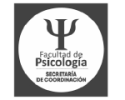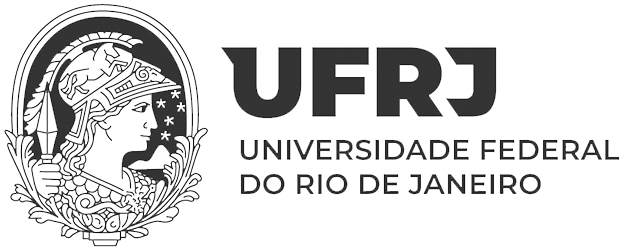Abstract
Purpose:
Although evidence supports virtual reality (VR) applications in rehabilitation and education, investigations into VR technology for children with traumatic brain injury (TBI) are still evolving and lack robust evidence related to design or effectiveness. The purpose of the present study was to understand the perspectives of speech-language pathologists (SLPs) for designing VR tools that are acceptable and feasible for clinical practice.
Method:
Thirty-one SLPs completed a self-administered online survey related to their awareness and opinions on VR and its potential application to childhood TBI broadly and within a case study of a child with TBI. Data were analyzed descriptively and using a modified version of systematic text condensation.
Results:
Participants, on average, reported being “somewhat aware” of VR and “neither not aware or unaware” of the idea of VR as a clinical tool. Participants generally had positive ratings for the potential use of VR to childhood TBI generally and in response to a case study centered on cognitive-communication skills. Through open-ended questions, participants identified various (a) benefits (e.g., ability for VR to simulate functional tasks or contexts) or (b) hesitations or challenges (e.g., limitations related to client ability, lack of equipment access) for using VR with children with brain injury related to design and implementation.
Conclusion:
Although further development and translation research is needed, the perspectives of SLPs included in the present study can be utilized to inform future development and implementation efforts to ensure VR design that is inclusive, participatory, and best fit to future SLP practice with children with TBI.












